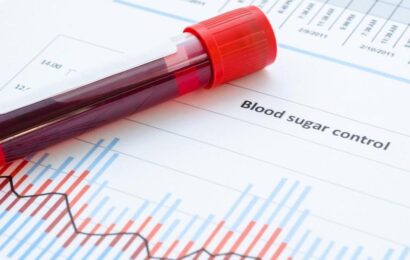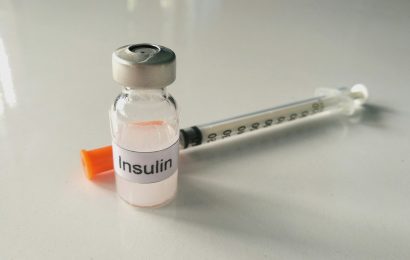Protein Primer
Everyone knows that we need protein. Protein is an essential nutrient needed for building muscle and other body tissue, bone, fingernails, hair, and skin. Protein is found in hormones and enzymes that are vital for our survival and that fight off invaders. Protein is also used for energy, but usually only after carbohydrate and fat are used up (or if they aren’t readily available). Second only to water, protein is the most abundant substance in the body — in fact, it makes up about 15% of our body.
We also know what foods contain protein: meat, poultry, seafood, eggs, dairy foods, beans, tofu, nuts, peanut butter… even grains and vegetables have some protein. It’s pretty hard to not get enough protein in your diet, although in some cases, it’s possible. Most of us consume far more protein than we need. On average, Americans eat about 12% to 15% of calories from protein (that’s if you’re not following a high-protein diet).
Those at risk for not getting enough protein include older adults, vegetarians (although when properly planned, vegetarian diets are perfectly adequate), low-income folks, and pregnant and lactating women. There’s no good evidence that people with diabetes need any more protein than people without diabetes. While some people with diabetes may find that a higher-protein eating plan helps them with their glycemic control, that’s really not an indication that your body actually requires more protein.
How Much Protein Do You Need?
In general, most adults need 0.8 grams of protein per kilogram of body weight, or 0.36 grams per pound of body weight. That translates into about 46 grams of protein per day for adult women and 56 grams per day for adult men. You can easily meet your protein requirements by eating the following over the course of a day: 4 ounces of chicken breast (28 grams of protein), 8 ounces of skim milk (8 grams of protein), 1 cup of broccoli (4 grams of protein), 2 slices of whole wheat bread (8 grams protein), and 2 tablespoons of peanut butter (8 grams protein). And that doesn’t even include other foods you might be eating. Keep in mind that most people eat at least twice as much protein as is required for good health.
Do you need to eat more protein? You may if you’re very physically active or if you happen to be an athlete. Physically active adults may need 1.0 gram of protein per kilogram body weight, while strength and endurance athletes may need anywhere from 1.4 to 2.0 grams of protein per kilogram of weight per day, according to the International Society of Sports Nutrition (ISSN). Most of us likely don’t fall into this category, however.
What About Protein Supplements?
You’d have to really have buried your head in the sand not to notice all the various protein products in supermarkets, pharmacies, and health-food stores lately. Protein bars, powders, and drinks are everywhere. And being the clever marketers that they are, protein supplement companies are eager to convince you that you need these products. Do you? Even if you don’t, are they harmful?
In general, protein supplements aren’t harmful as long as your kidneys and liver are working as they should. (Anyone with diabetic kidney disease should avoid taking protein supplements without checking with their health-care provider.) But, it’s understandable that you might be curious about that canister of whey protein sitting on the shelf, for example. Muscle Milk, Met-Rx, and PowerBars are all examples of products that contain protein. It can be confusing trying to figure out what’s best. It’s also important to know that protein supplements may contain different types of protein, such as whey, casein, egg, and soy.
Next week we’ll look at the types of protein that are commonly found in these products.




